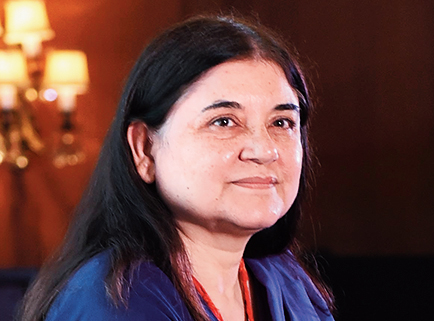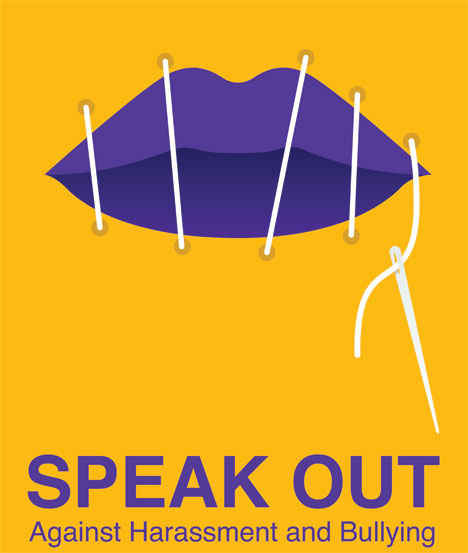Laws, in essence, exist to protect the interests of citizens. But the same rules can also be used to deny people their rights. It was this kind of violation that a Delhi court denounced when it observed that granting maternity benefits to women employees is “not a matter of charity”. This verdict pertained to the case of a woman who had been sacked from her job in 2009 for extending her maternity leave on the grounds that she was not well enough to rejoin work. A trial court had convicted the employer last year; the compensation order was challenged in the Delhi court. Interestingly, according to the Maternity Benefit Act, in case of a post-delivery illness, a woman can claim paid leave for a period of one month in addition to the maternity leave period she is allowed. However, matters of health and illness — especially when related to childbirth and motherhood — seldom adhere to clearly-defined time periods. It is entirely possible for human beings, and new mothers in particular, to require time for recuperation beyond the period granted to them by their professional contracts. It is this humane, rights-based approach and the spirit of compassion that the court upheld in its ruling.
It is, perhaps, ironic that the complainant’s employer was a non-governmental organization dedicated to child welfare. But such structural problems and narrow interpretations of the law, especially with regard to the rights of women employees, are not uncommon in many organizations, particularly those in the informal sector. For example, while legal provisions for making post-birth care for women easier exist in many advanced economies, the maternity law in India was amended only two years ago to make it mandatory for organizations with 50 or more employees to have a crèche. The Supreme Court had explicitly stated in the past that employers must “be considerate and sympathetic” towards a “woman... performing her duties at the workplace while carrying a baby... or while rearing... the child after birth”, and must do “[w]hatever is needed to facilitate” the process. It is a pity that the wisdom of the highest court is not reflected in the mindset of employers, whose prerogative it is to make such provisions without being prompted to do so. Unfortunately, the rhetoric of equal rights and gender-representative workplaces is often used to mask the resistance to granting women basic entitlements. The challenge before the State and civil society is to root out this cultural conservatism, without which the true meaning of gender equality at the workplace will never be realized.

![The Supreme Court had explicitly stated in the past that employers must “be considerate and sympathetic” towards a “woman... performing her duties at the workplace while carrying a baby... or while rearing... the child after birth”, and must do “[w]hatever is needed to facilitate” the process.](https://assets.telegraphindia.com/telegraph/024084ff-2801-499d-96a4-96c2300ef845.jpg)










